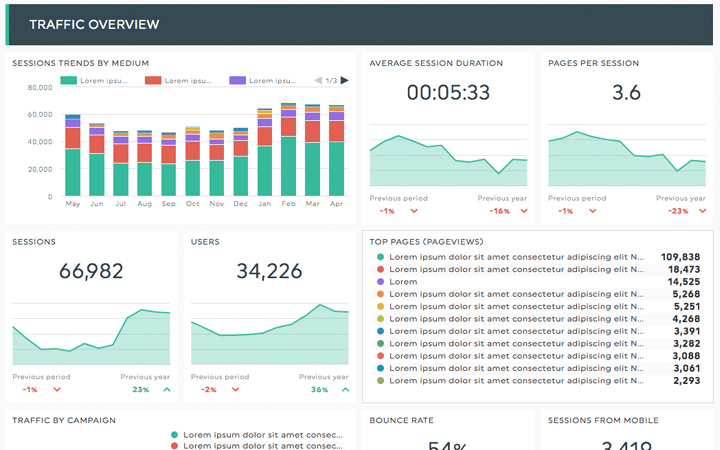What is an organic session?
An organic session is one that results from an organic search through Google or Bing. This means that the visitor found your website link on a search engine result page, and not through paid advertisements. Google Analytics defines a session as “the period of time a user is active on your site or app.” A session collects every interaction a user makes on your website within a specified time frame, including the number of page views or how much time the user spent on each page. The number of sessions is dependent on how many new users, and unique sessions, your website receives. The session duration dictates if your website has a high bounce rate or not, meaning whether or not the site visitors are staying on your page or immediately leaving. These organic sessions are direct results of organic traffic from search engines.
Organic traffic is the term used to refer to the number of visitors that reach your landing page or website through organic search results. This does not include paid advertising traffic, social media links, direct traffic, or other referral links.






